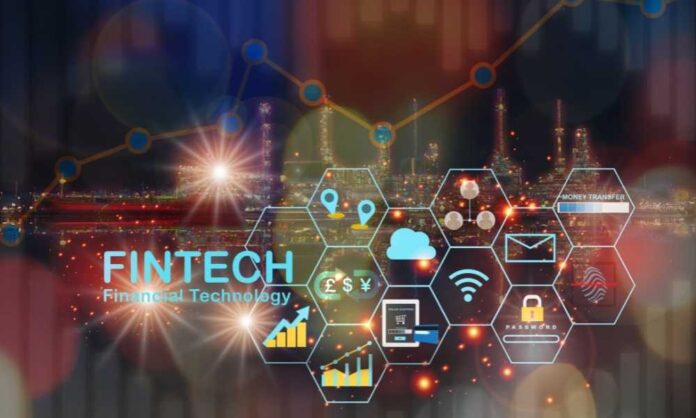In the last few years, machine learning has been one of the most discussed topics in artificial intelligence. Risk assessment is an incredibly important part of the financial industry, but it’s challenging to do well. Financial institutions are using machine learning to analyze enormous amounts of data and make predictions of variability in market prices. The goal is to assess risk accurately under a variety of different scenarios for which there may be a little precedent. Machine learning techniques can actually outperform humans at this task because they don’t make human-level assumptions about how markets work. With all this in mind, let us now look at the various ways in which machine learning and AI are changing the fintech industry face.
Round-the-clock Customer Support
AI-enabled chatbots have gained worldwide popularity. Whether in eCommerce or the financial sector, chatbots have revolutionized the customer support industry, especially in terms of 24/7 support. Chatbots result from constantly evolving technology that can aid fintech companies in providing customer-friendly and personalised experiences accompanied by prompt resolutions. In addition, chatbots can provide useful and applicable advice in the realm of investment and wealth management, in the process reducing staff costs. Machine learning chatbots are also of great use in the back-office side of things, enabling processes to run seamlessly.
Fraud prevention
A major benefit of artificial intelligence technology is its ability to combat online fraud effectively. In conjunction with machine learning features, fraudulent transactions can be easily detected, thereby enabling fintech companies to prevent such transactions with more incredible speed. In today’s more complex environment, in which online fraud is more prevalent, AI is proving to be an effective tool in the prevention thereof. Thanks to the robust capabilities of such programs, real-time action can be taken against any suspicious online transactions. These programs can seek out patterns deterring from those typical of the user and immediately raise red flags.
On-the-spot Decision Making
AI and machine learning can easily tackle data analysis and vast quantities thereof. Regardless of the enormity of the data, it can be thoroughly analyzed, and real-time decisions can be implemented. The BFSI (Banking, financial services, and insurance) industry can capitalize on such mass data analytical technologies to make well-informed decisions. In addition, management at these institutions can adapt to the ever-changing requirements of customers and the markets through the constant dissemination of data.
Better Wealth Management
Another major benefit of artificial intelligence and machine learning is realized through fintech apps, allowing users to manage their wealth more efficiently. Whether you are looking at budget advice or improving your CFD and sharing trading skills, machine learning is proving to be incredibly useful. Digital payment platforms such as smart wallets can monitor user spending habits as well as other financial activities and then offer up applicable on-the-spot information and feedback. Fintech companies can work in conjunction with technology and development leaders to offer clients improved apps to achieve better wealth management.
Precise Credit Scores
Nowadays, more and more fintech companies have started issuing online loans to potential customers. However, before such loans can be administered, background checks must be run, and herein AI and machine learning offer quite the helping hand. Thanks to the data-driven analytical skills of machine learning algorithms, companies are able to categorize their clients and make informed decisions easily. As a result, AI tools showcase proficient abilities in automating and speeding up the process of green-lighting online loans. The amount of the loan can easily be calculated, and the risk of providing the loan can be seamlessly assessed. Quite simply put, the fintech sector can enjoy greater growth and stability thanks to AI and machine learning benefits.
Check out: How Machine Learning Is Changing the World

